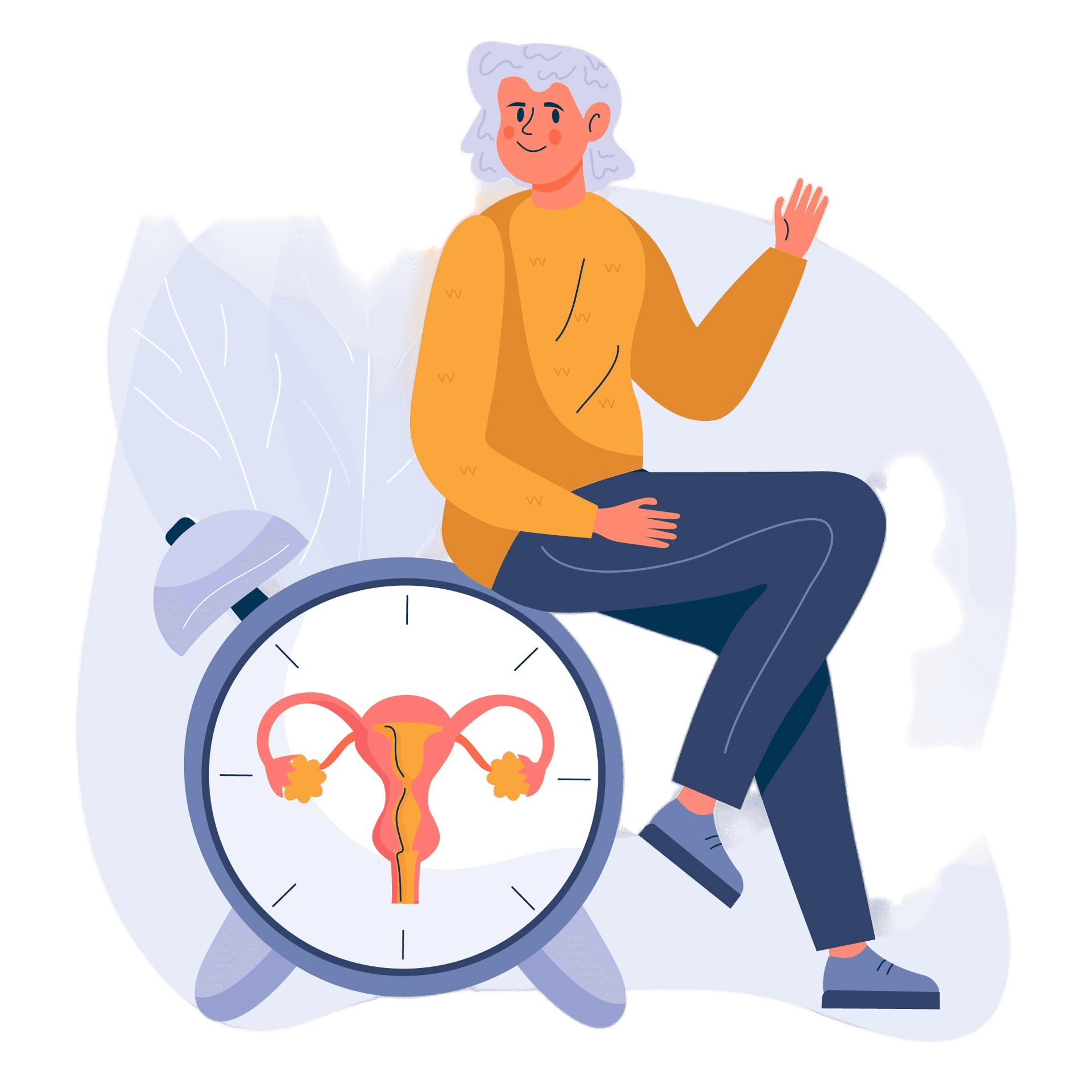Endocrinology and Hormonal Changes: Understanding Your Bodys Chemical Messengers
Endocrinology is the study of hormones and their effects on the body. These chemical messengers play a crucial role in regulating various bodily functions, from metabolism to mood. In this comprehensive guide, we will delve into the intricate world of hormones and how they influence our health at different stages of life.
What is Endocrinology?
Endocrinology is a branch of medicine that focuses on the endocrine system, which consists of glands that produce and secrete hormones. These hormones act as chemical messengers, traveling through the bloodstream to target specific cells and organs, regulating various bodily functions.
The Major Endocrine Glands and Their Hormones
- Pituitary gland: Often called the "master gland," it produces hormones that control other glands.
- Thyroid gland: Regulates metabolism and energy production.
- Adrenal glands: Produce stress hormones and regulate blood pressure.
- Pancreas: Secretes insulin and glucagon to control blood sugar levels.
- Ovaries (in females) and testes (in males): Produce sex hormones.

Hormonal Changes Throughout Life
Hormonal changes occur throughout our lives, influencing growth, development, metabolism, sexual function, and aging. Understanding these changes can help us better manage our health and well-being.
Puberty: A Time of Significant Hormonal Shifts
During puberty, the body undergoes dramatic changes triggered by hormones. In females, estrogen levels rise, leading to breast development and the onset of menstruation. In males, increased testosterone results in deepening of the voice, muscle growth, and other physical changes.
Adulthood: Hormonal Balance and Reproductive Health
In adulthood, hormones play a crucial role in maintaining overall health and reproductive function. For women, the menstrual cycle is regulated by a complex interplay of hormones, while in men, testosterone continues to influence muscle mass, bone density, and libido.
Menopause and Andropause: Later-Life Hormonal Transitions
As we age, significant hormonal changes occur. Women experience menopause, marked by a decline in estrogen and the end of menstruation. Men undergo a more gradual decrease in testosterone, sometimes referred to as andropause. These changes can affect energy levels, mood, and physical health.

The Impact of Hormonal Imbalances on Health
Hormonal imbalances can lead to various health issues, including thyroid disorders, diabetes, polycystic ovary syndrome (PCOS), and growth disorders. Recognizing the symptoms of hormonal imbalances is crucial for early diagnosis and treatment.
Maintaining Hormonal Health
While some hormonal changes are a natural part of aging, there are steps we can take to maintain hormonal balance and overall health. These include maintaining a healthy diet, regular exercise, stress management, and getting adequate sleep. In some cases, hormone replacement therapy or other medical interventions may be recommended by healthcare professionals.
Conclusion: The Importance of Endocrinology in Modern Medicine
As our understanding of endocrinology continues to grow, so does our ability to diagnose and treat hormonal disorders. By staying informed about hormonal health and working closely with healthcare providers, we can better navigate the changes our bodies undergo throughout our lives, ensuring optimal health and well-being at every stage.

